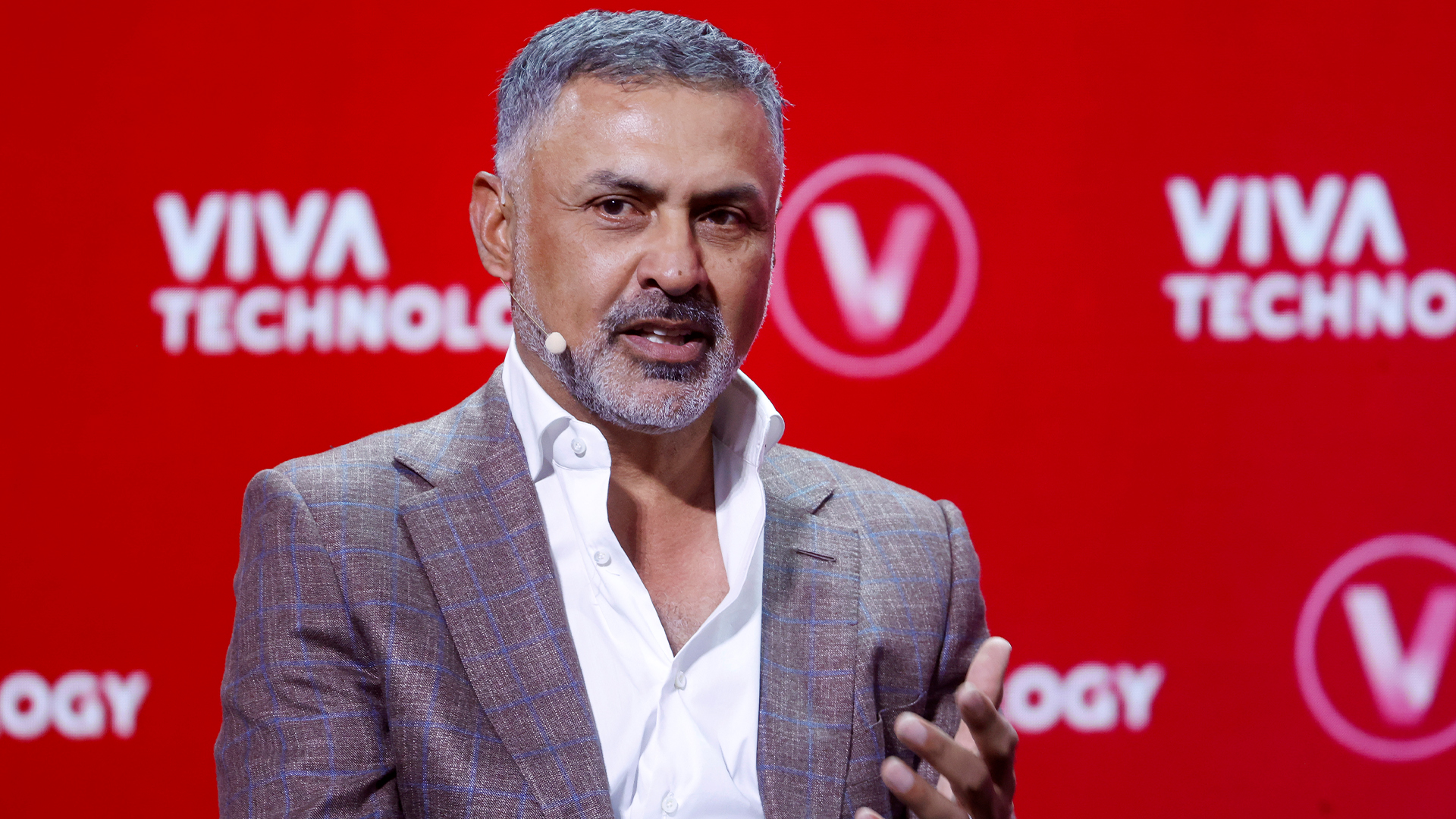Email: Dead or alive?
With the rise of social networks and other communications, we explore whether email's existence is under threat.


Sign up today and you will receive a free copy of our Future Focus 2025 report - the leading guidance on AI, cybersecurity and other IT challenges as per 700+ senior executives
You are now subscribed
Your newsletter sign-up was successful
If email is to survive, however, it is unlikely to remain the same. Adapting to both technological and human changes will prove vital, and unifying with other communications could play a big part in this.
Peter Galvin, chief marketing officer at Proofpoint, believes convergence will indeed be key. Email will not remain an isolated form of contacting others, but will be augmented with other communications mechanisms, he predicted.
"Email will change to become a little more conversational," Galvin told IT PRO.
"You're going to see some more convergence, but email will still be a core capability."
His statements were recently backed up by Google's addition of voice services to Gmail - a sign that unifying communications with email as a central component is going to emerge as a real trend.
Earlier this year, there were even been rumours of Facebook starting up its own dedicated email service, but nothing was confirmed.
Life or death?
Sign up today and you will receive a free copy of our Future Focus 2025 report - the leading guidance on AI, cybersecurity and other IT challenges as per 700+ senior executives
There are some clear problems with email spam, cost and its lack of a personal touch being a few. And as more options for interacting with others emerge, email use is unlikely to see a dramatic spike in the future.
But given email has had a relatively short life and how established it is now in both business and personal worlds, it is difficult to agree with anyone hailing its imminent death.
What appears clear is that email is due some changes in the near future and it looks set for greater convergence.
Indeed, the entire communications environment looks destined to be dragged towards more unified infrastructures and email will most likely be a big part of that.
Even Boue, a man who noted the functional problems of email, admitted the technology "still has a place."
"I can see the whole landscape changing and it's a question of making more of what people have got."
Email is very much alive, but like any sentient being, it must adapt to survive and, by being merged with other communications, it surely will.
Tom Brewster is currently an associate editor at Forbes and an award-winning journalist who covers cyber security, surveillance, and privacy. Starting his career at ITPro as a staff writer and working up to a senior staff writer role, Tom has been covering the tech industry for more than ten years and is considered one of the leading journalists in his specialism.
He is a proud alum of the University of Sheffield where he secured an undergraduate degree in English Literature before undertaking a certification from General Assembly in web development.
-
 Palo Alto Networks CEO hails ‘the end of identity silos’ as firm closes CyberArk acquisition
Palo Alto Networks CEO hails ‘the end of identity silos’ as firm closes CyberArk acquisitionNews Palo Alto Networks' CEO Nikesh Arora says the $25bn CyberArk acquisition heralds "the end of identity silos" for customers, enabling them to supercharge privileged access management.
-
 Google says hacker groups are using Gemini to augment attacks
Google says hacker groups are using Gemini to augment attacksNews Google Threat Intelligence Group has shut down repeated attempts to misuse the Gemini model family
-
 Shadow AI can be a tool for AI innovation with the right controls, say Gartner analysts
Shadow AI can be a tool for AI innovation with the right controls, say Gartner analystsNews Data-driven messaging and a supportive approach to securing AI tools are necessary for security staff looking to balance AI risks and unlock better funding
-
 How to use LinkedIn to market yourself as an IT professional
How to use LinkedIn to market yourself as an IT professionalwhitepaper Whether you’re updating your LinkedIn profile or creating one for the first time, it’s critical to remain consistent and credible if you hope to raise your profile within the IT industry
-
 Generative AI has had "no material impact" on IT spending
Generative AI has had "no material impact" on IT spendingNews 2025 could be a watershed year for generative AI-related IT spending
-
 More than half of firms now using generative AI
More than half of firms now using generative AINews Nearly half of firms are now using generative AI tools in full production, compared to just 4% in March
-
 Gartner urges CISOs to adopt new forms of trust and risk management for AI
Gartner urges CISOs to adopt new forms of trust and risk management for AINews CISOs will need to deploy new strategies for best-case implementations of AI
-
 AI security tools see mounting investment as businesses scramble to mitigate generative AI’s issues
AI security tools see mounting investment as businesses scramble to mitigate generative AI’s issuesNews Generative AI providers don't currently have the confidence of business leaders when it comes to sending sensitive data to their clouds
-
 Software engineers must embrace generative AI or risk job progression, Gartner says
Software engineers must embrace generative AI or risk job progression, Gartner saysNews Leaders will be expected to embrace more nuanced skills related to generative AI as its popularity builds
-
 AI chips revenue to reach $53 billion in 2023, Gartner predicts
AI chips revenue to reach $53 billion in 2023, Gartner predictsNews Demand for customized AI hardware is driving huge growth in the market
